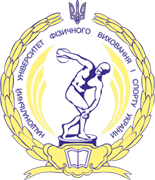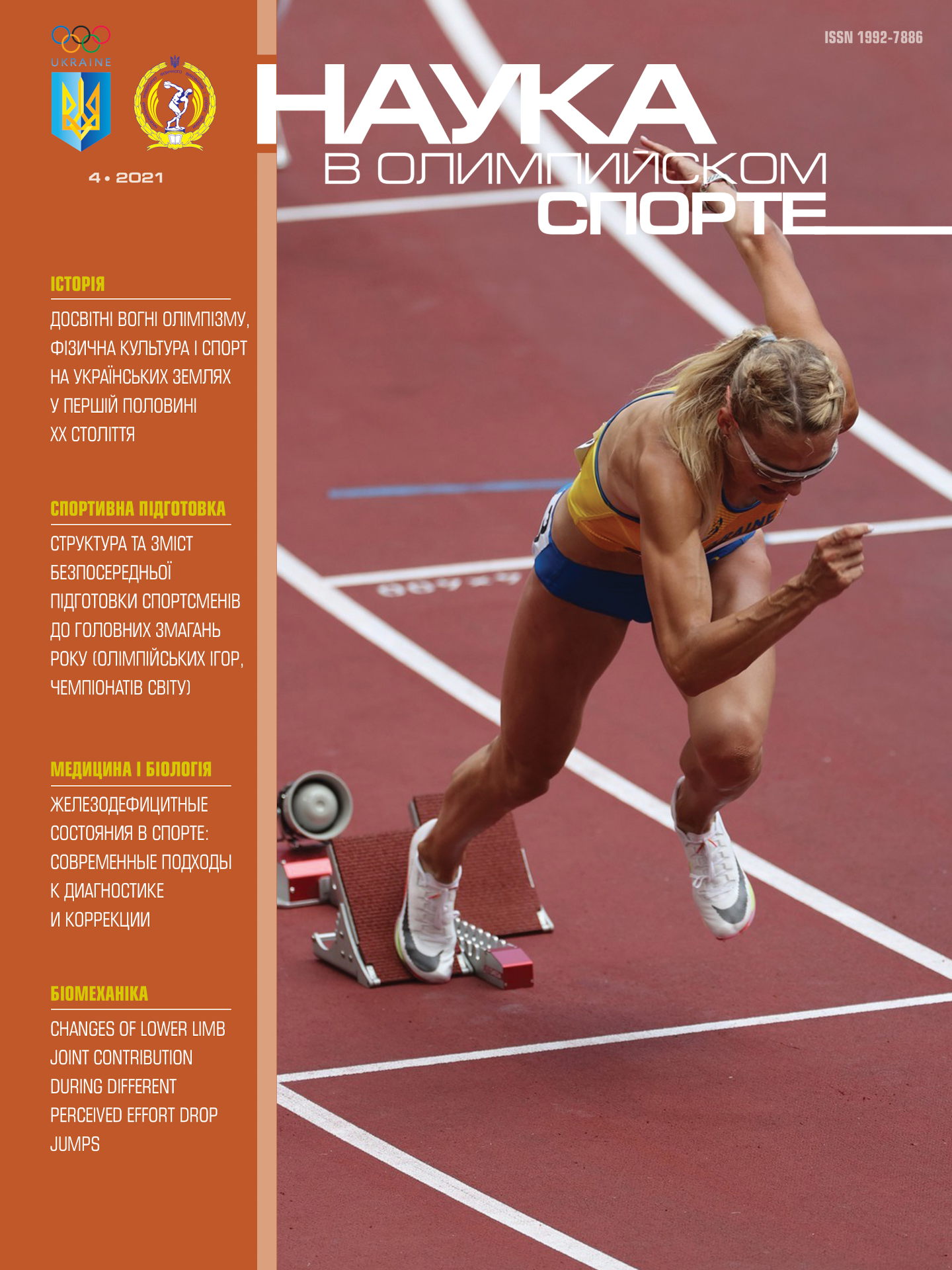Abstract:
The article presents an excursion into the fascinating history of one of the brightest pages of the modern Olympic Games - art competitions in architecture, literature, music, painting and sculpture, held in the programs of the Olympic Games 1912-1948. The crucial role of Pierre de Coubertin in the organization and conduct of these competitions is shown, who viewed them as a manifestation of continuity between the ancient Greek and modern Games and persistently promoted this view of the Olympic Games, preventing primitivism in relation to them as a mere sports event by all means. Detailed information on all the competitions that have become part of the world community cultural life, the arena for demonstrating the association between sport and art and humanities education, and their winners - mostly prominent representatives of world culture is presented. The problems and contradictions that arose during the organization and holding of competitions, as well as the crisis phenomena that caused their termination have been analyzed. It has been proven that the art competition abolition at the IOC session in 1949, caused by the struggle against professionalism in Olympic sports, seriously weakened the general cultural component of the Olympic Games and their legacy. The revival of full-fledged art competitions should be one of the priorities of the International Olympic Committee, which will increase the role of the Olympic Games in the fi eld of humanitarian education of various population segments, especially young people, and become a demonstration of respect for the cultural heritage of ancient Greek civilization.













